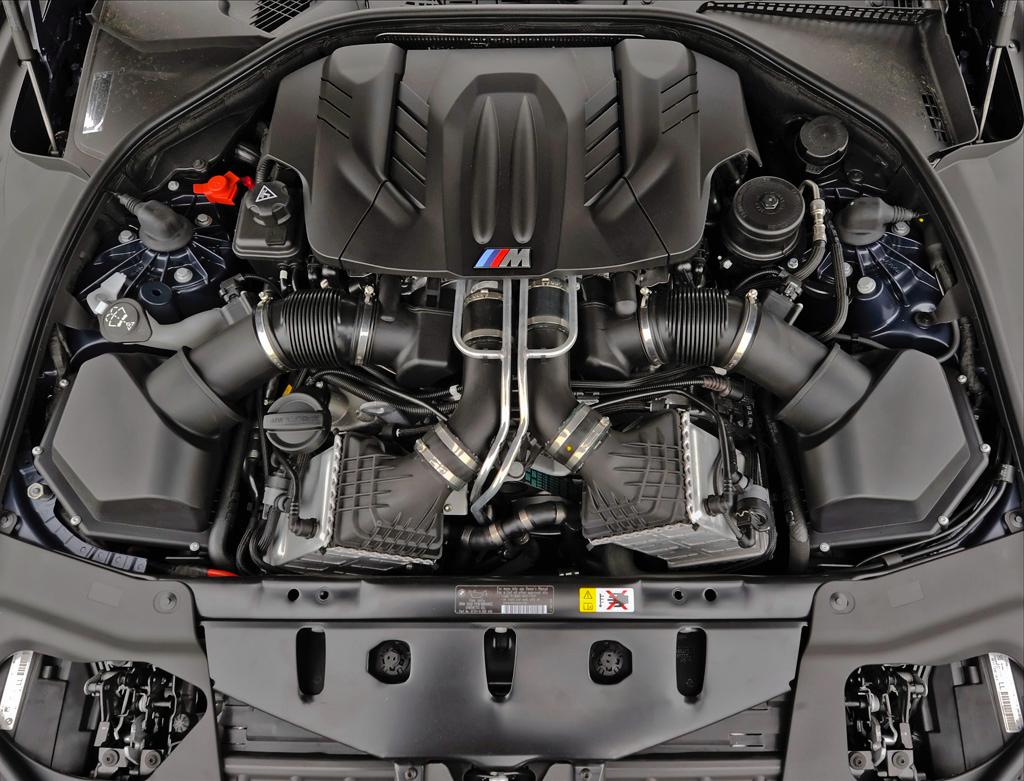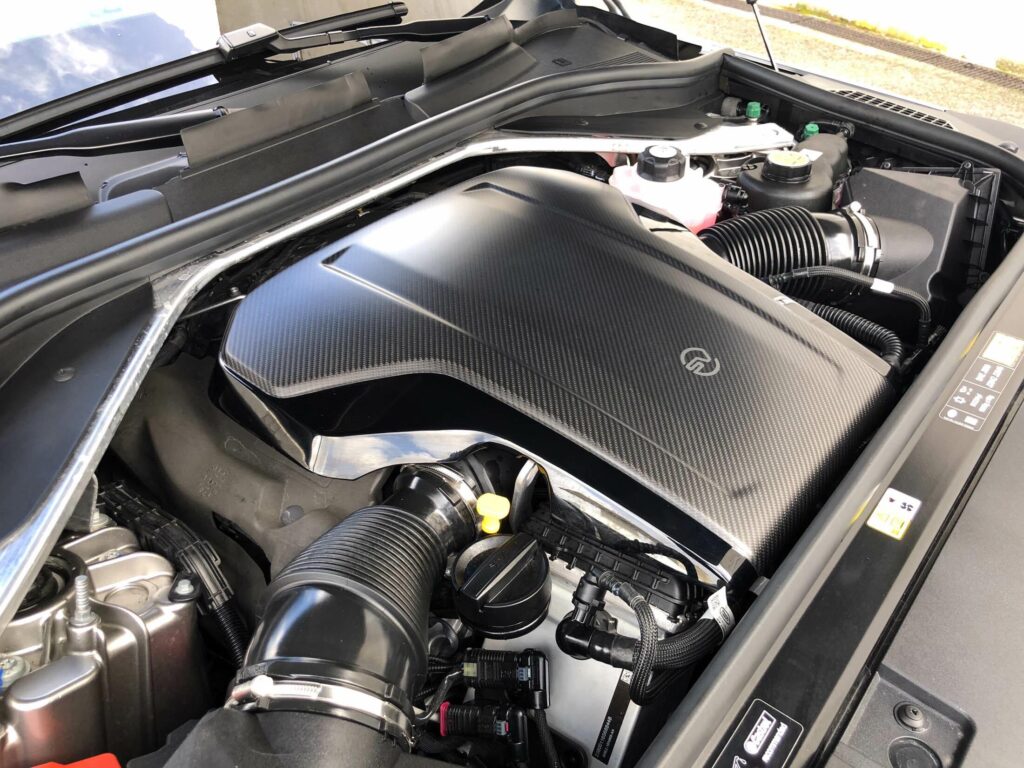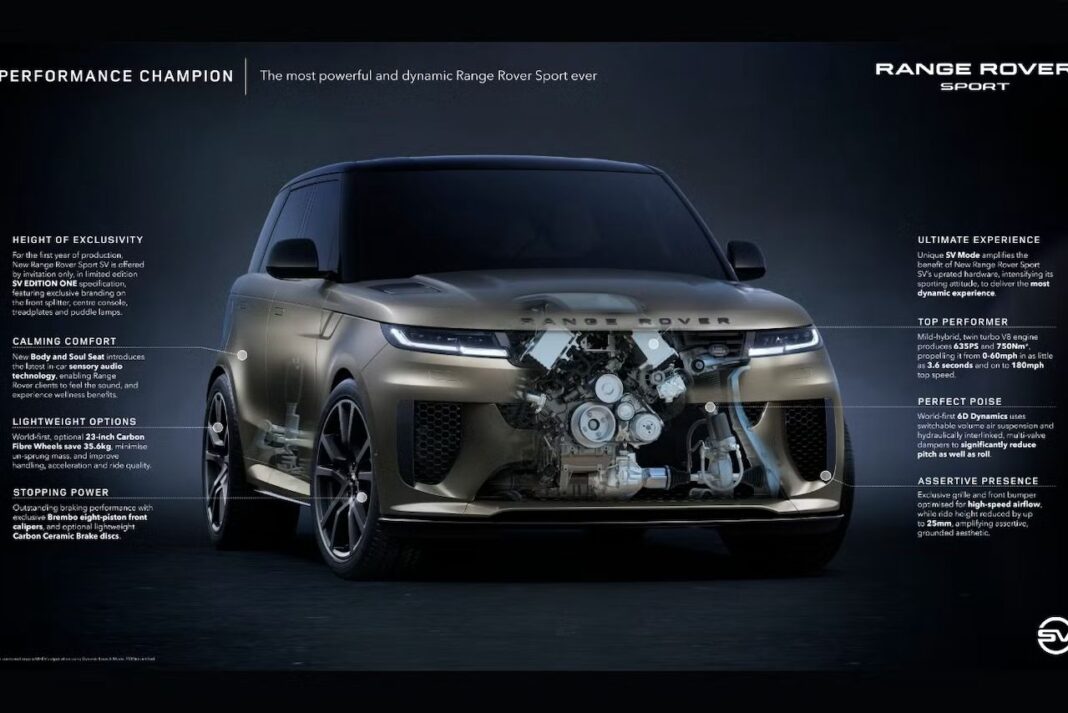Range Rover is now using BMW engines in some of its most powerful models and that’s a big deal. Instead of relying on their old supercharged V8s, Range Rover has turned to BMW’s 4.4-liter twin-turbo V8 engines, known as the S63 and S68. These engines are already famous in high-performance BMW cars like the M5 and X5 M, and they’re now powering top-tier Range Rovers like the new Sport SV and SVR. So, what does this mean for everyday drivers, enthusiasts, and loyal Range Rover fans?

First off, performance takes a big leap. The older 5.0L V8 used in the outgoing Range Rover SVR made around 567 horsepower. With BMW’s S63 and S68 engines under the hood, that number jumps to 616–626 horsepower, depending on the model. Torque, which gives you that strong pull on the road, also goes up to 750 Nm, about 550 lb-ft, making these SUVs feel much quicker and more responsive. The new Range Rover Sport SV can go from 0–60 mph in just 4 seconds. That’s sports-car speed in a luxury SUV.

But it’s not just about speed. These engines also bring better efficiency. Even with more power, the new BMW V8s are roughly 17% more fuel-efficient than the old Jaguar-built ones. That means better gas mileage and lower emissions, something important as car companies work to meet stricter environmental rules. The newer S68 even includes a mild-hybrid system, which helps boost performance while taking some pressure off the engine at low speeds.
Now, let’s talk reliability. BMW’s engines are known for strong engineering and tight quality control, especially in their newer models. Many car experts and workshops say that the S63 and S68 are built to last if they’re properly maintained. Like any high-performance engine, they need regular care. That means timely oil changes, cooling system checks, and avoiding abuse like hard driving on a cold engine. Earlier versions of the S63 had some issues like oil leaks or turbo problems but most of those bugs have been fixed in the newer setups Range Rover is using now. And the addition of hybrid tech in the S68 helps reduce engine stress, especially during city driving or stop-and-go traffic.
This partnership between Range Rover and BMW is part of a smart strategy. Instead of spending time and money building their own new engines, Range Rover gets to focus on luxury, tech, and off-road capability while borrowing BMW’s proven performance powerplants. It’s a win-win: drivers get more power, better efficiency, and likely improved reliability, while Range Rover can keep pushing boundaries in design and comfort.
So, whether you’re an enthusiast chasing horsepower, a Range Rover owner wanting peace of mind, or just someone who loves the blend of luxury and performance, this engine swap is good news. More power, smoother rides, and better reliability just remember to take care of it, and the BMW heart in your Range Rover will treat you well for years to come.




